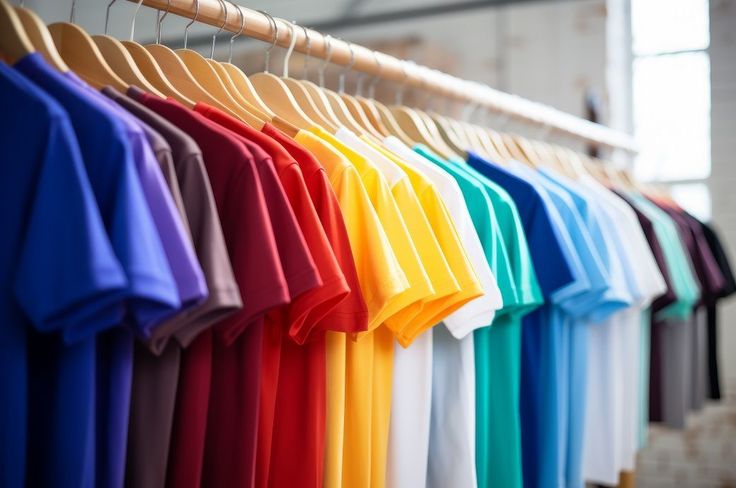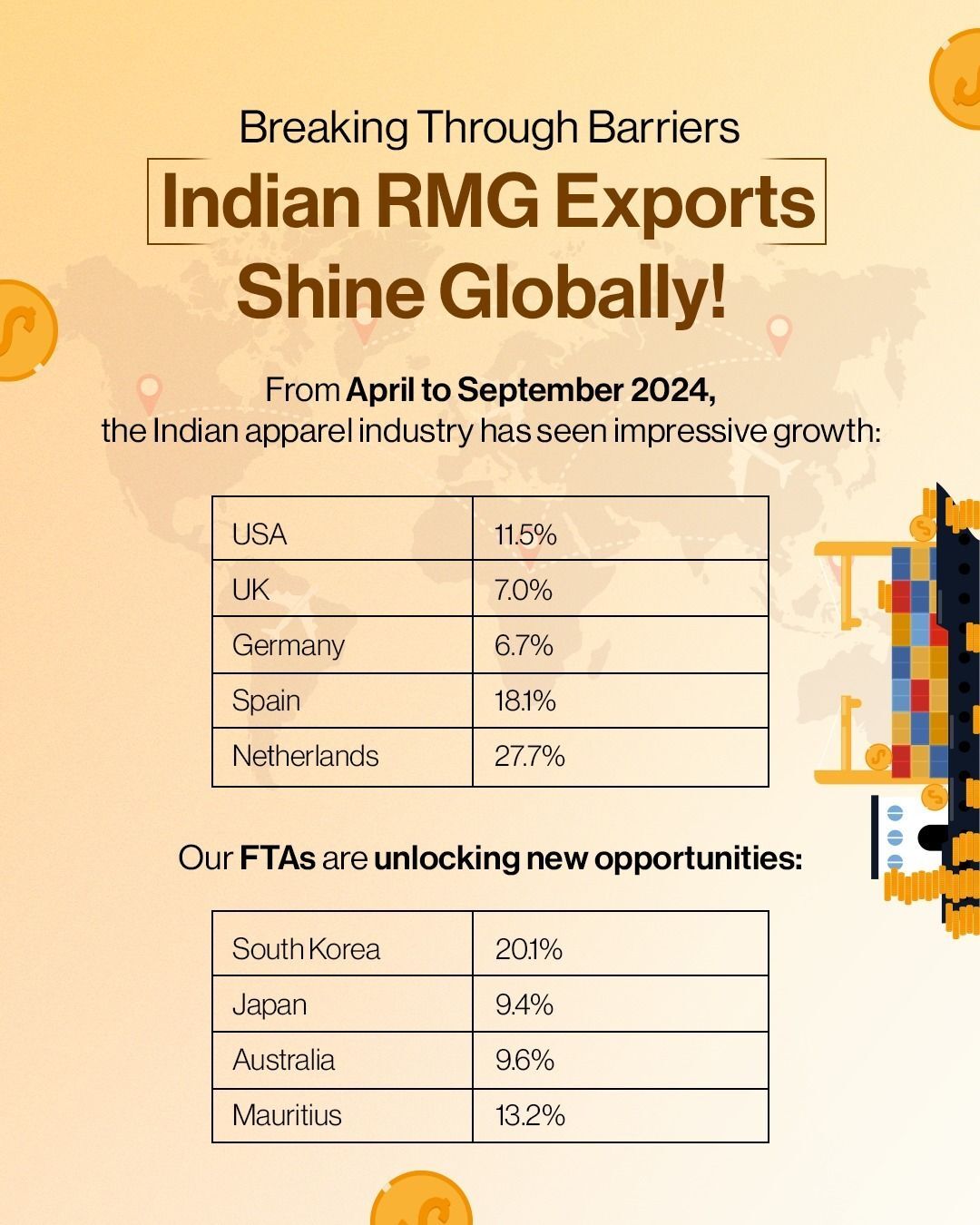A report by consultancy BCG reveals, even though fashion brands improved their environmental and social impact in 2018, their progress is slower than in the previous year. The report measured brands’ efforts to make and implement various commitments such as reducing carbon emissions and water use, boosting the use of sustainable materials, and paying fairer wages.
Fashion companies across the price spectrum, from fast-fashion giant H&M to luxury outfits such as Gucci owner Kering SA and LVMH, have announced new commitments on sustainability in recent years. Consumers and regulators alike are increasingly concerned about the costs of the fast-moving industry, whose carbon emissions are estimated to be more than those of all international flights and maritime shipping combined.
Outcry over some of the industry’s most visible excesses — such as high-end players destroying unsold stock to prevent selling at steep discounts — have led brands such as Burberry Group Plc to ramp up efforts on recycling and reusing materials. Kering is looking for ways to make raw materials such as cotton and cashmere more traceable so that it can impose more rigorous standards on its suppliers.
Surging demand for fashion — led by developing countries particularly China — means these changes are not enough to reduce brands’ environmental impact in absolute terms. One reason for slow growth is that many smaller bargain brands, as well as companies producing clothes sold informally in street markets, are yet to take steps on improving sustainability.












